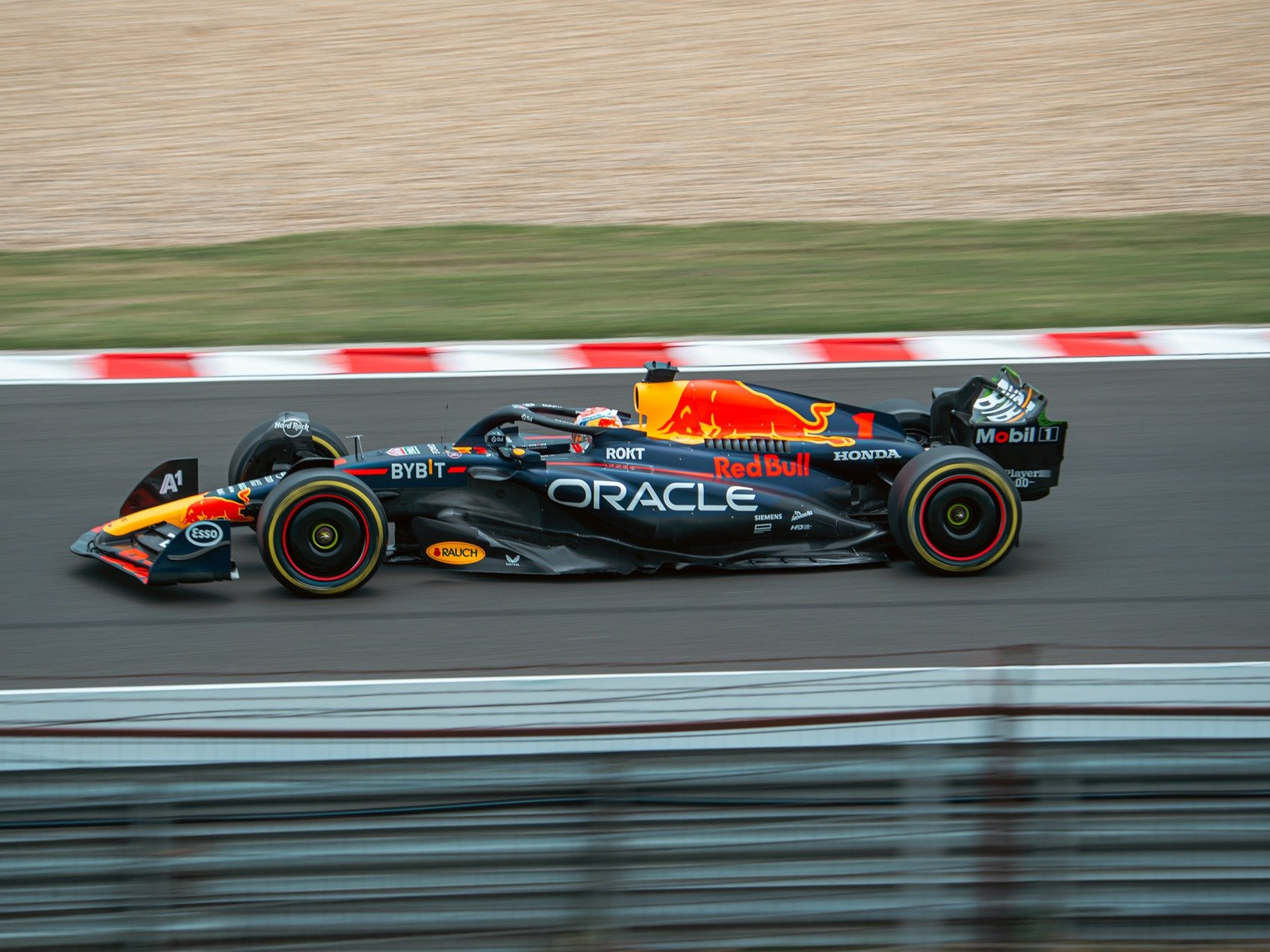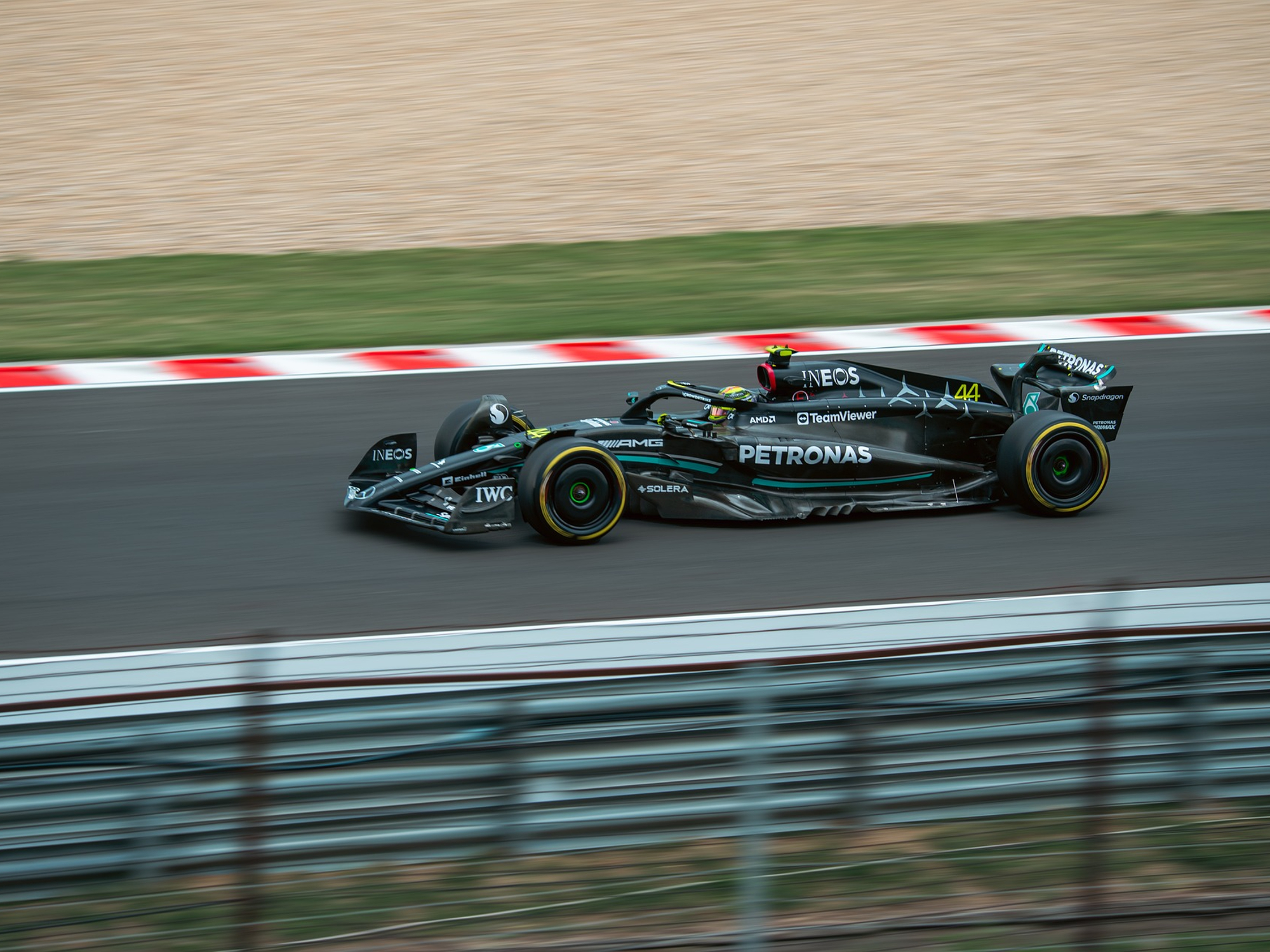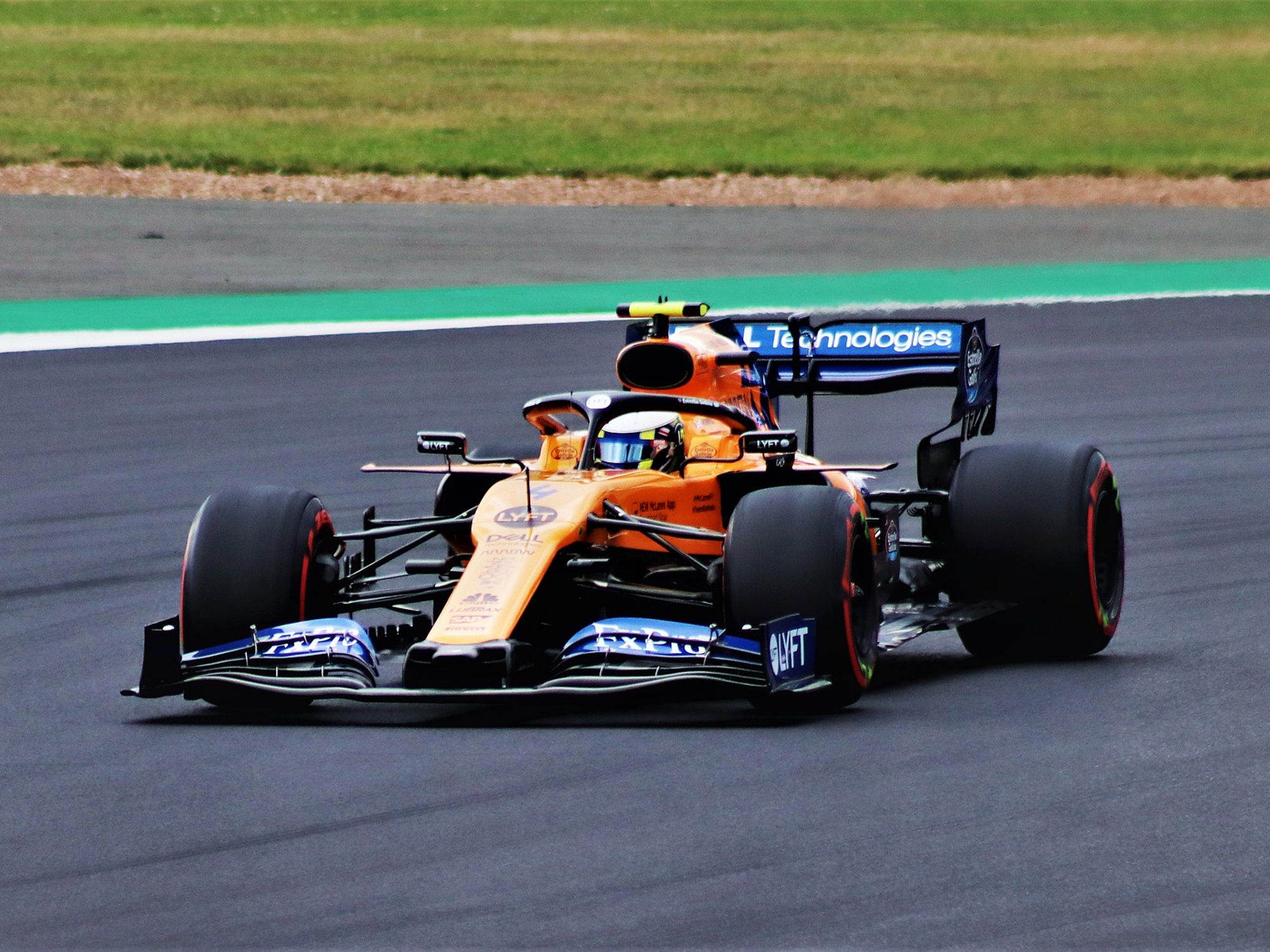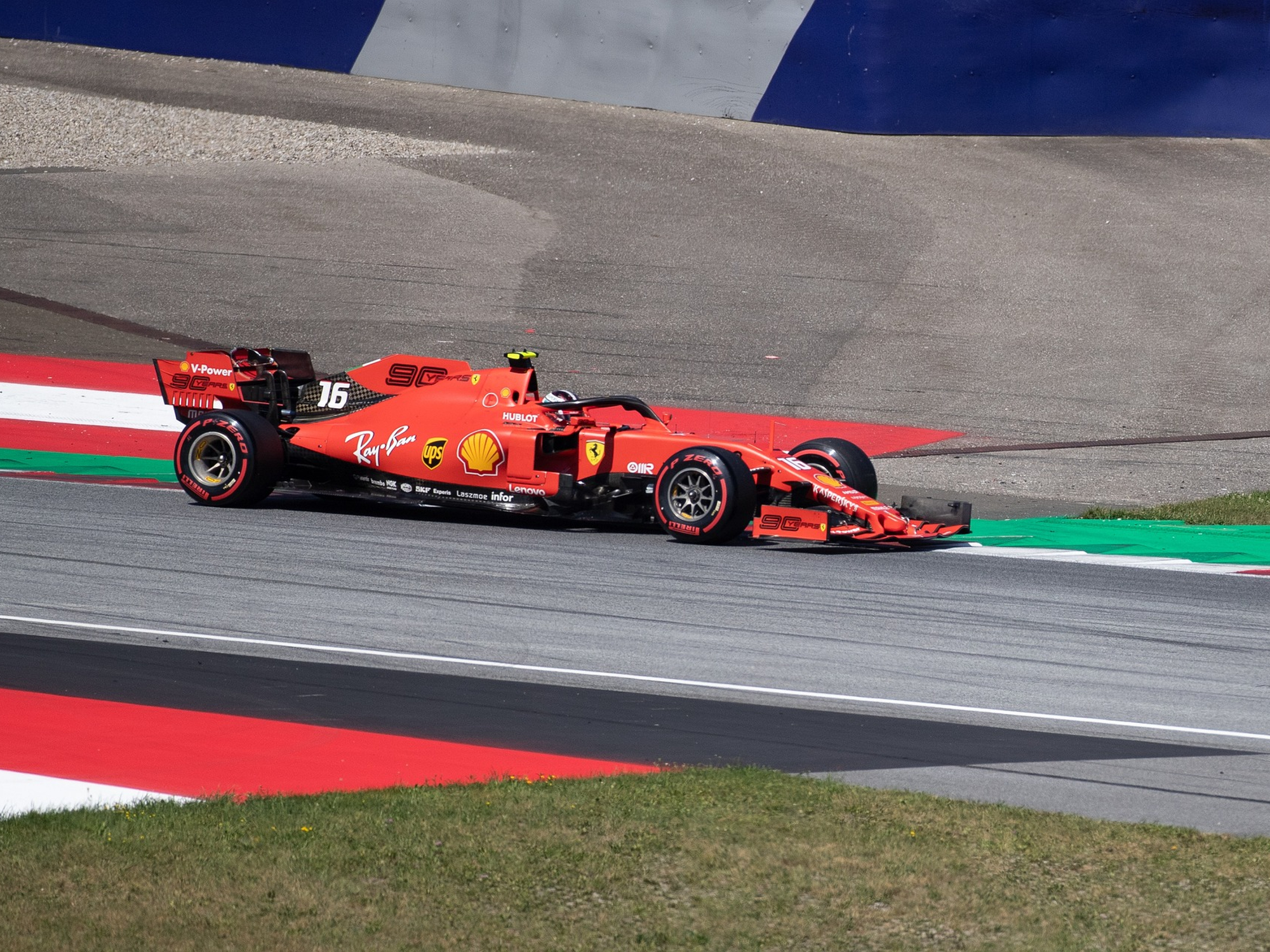
Formula 1 race car drivers are weighed frequently in compliance with the FIA F1 Technical and Sporting regulations. The weigh-ins are not casual events where a driver hops on a scale, reads their own weight, and goes their merry way. FIA Technical Delegates weigh the drivers to ensure that their race cars are qualified to compete in an F1 Grand Prix or Sprint race. The driver’s weight is added to the car’s weight to ensure the total meets the minimum mass requirement.
Why it’s important to weigh Formula 1 drivers

Monitoring F1 driver weight matters because it helps keep the sport competitive and safe. The FIA governing organization keeps a tight hold on the rules for Formula 1 racing. Because the financial stakes are so high with this elite motorsport, in which winnings are measured hundreds of millions of dollars, anything less than consistent vigilance would be a mistake. F1 teams have budget caps for each season to protect the sport from becoming totally controlled by the team that has the most money to spend.
The hundreds of pages of F1 regulations exist for fairness and safety and to keep the sport competitive and entertaining so fans don’t get bored. With the rapid recent growth in Formula 1, due in part to Netflix’s Formula 1: Drive to Survive series, keeping the teams within the guidelines and requirements is even more important.
When are Formula 1 drivers weighed?

According to the FIA F1 Sporting Regulations for the 2024 racing season, cars and their drivers must be weighed after any free practice or during the Grand Prix qualifying session or Sprint shootout. Cars may be weighed after the Sprint or Grand Prix race. In any case, if a driver wishes to leave their car, they must be weighed by the Technical Delegate before leaving. That way, whether or not a car is weighed, the driver’s weight will be established and recorded to add to the car’s weight.
Additional rules regarding Formula 1 car weight

The 2024 FIA F1 Technical Regulations state, “The mass of the car, without fuel, must not be less than 798kg during the Competition.” Converted to imperial measurements, 798kg equals 1,759.29 pounds. Any car that weighs less than the minimum weight would have the potential advantages of using less fuel or going faster than the other cars.
However, if the combined weight of the car and driver is less than 798kg, it’s not game over because teams can add ballast to the car to bring it up to weight. There are several rules for adding ballast, but the rules require that the ballast require tools to attach or detach and not move when the car is in motion. Ballast is supposed to be attached to the driver’s survival cell, inspected, and then sealed by an FIA official. Ballast, therefore, must be attached before the race.
Driver and car weight is measured after races to ensure that mass didn’t mysteriously vanish following the weigh-ins prior to the race. If the car’s total weight, including the driver’s, is less than 798kg, track officials may disqualify a car or assign a penalty, such as lower pole positions or added minutes to a driver’s time.



